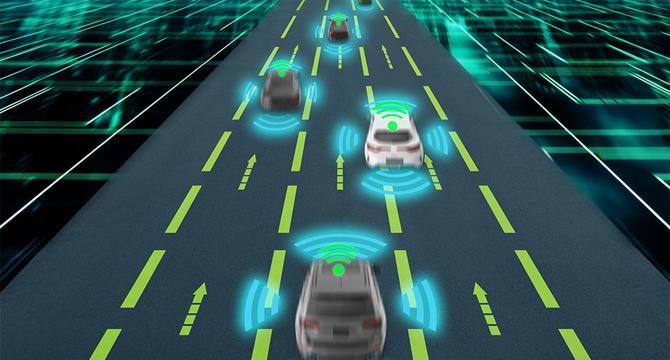Mit
2M
275

Image Credit: Mit
New tool evaluates progress in reinforcement learning
- Eco-driving aims to improve the efficiency of autonomous vehicles by making small adjustments to minimize fuel consumption.
- Researchers, including Cathy Wu from MIT, study the impact of automated vehicles on mitigating emissions.
- The complex nature of optimizing eco-driving involves various factors such as speed, weather, road conditions, and traffic light timing.
- A benchmark system called 'IntersectionZoo' has been developed to evaluate solutions in eco-driving based on urban environments.
- Multi-agent deep reinforcement learning (DRL) methods are crucial in addressing optimization challenges in eco-driving.
- Existing benchmarks for evaluating deep reinforcement learning algorithms often lack the ability to generalize results across different scenarios.
- IntersectionZoo provides 1 million data-driven traffic scenarios to enhance progress in DRL generalizability.
- This benchmark contributes to evaluating algorithmic progress in eco-driving and other real-world applications.
- The focus is not only on city-scale eco-driving but on developing general-purpose DRL algorithms with broad applications.
- The goal is to provide IntersectionZoo as an openly available tool to support research in deep reinforcement learning.
Read Full Article
16 Likes
For uninterrupted reading, download the app